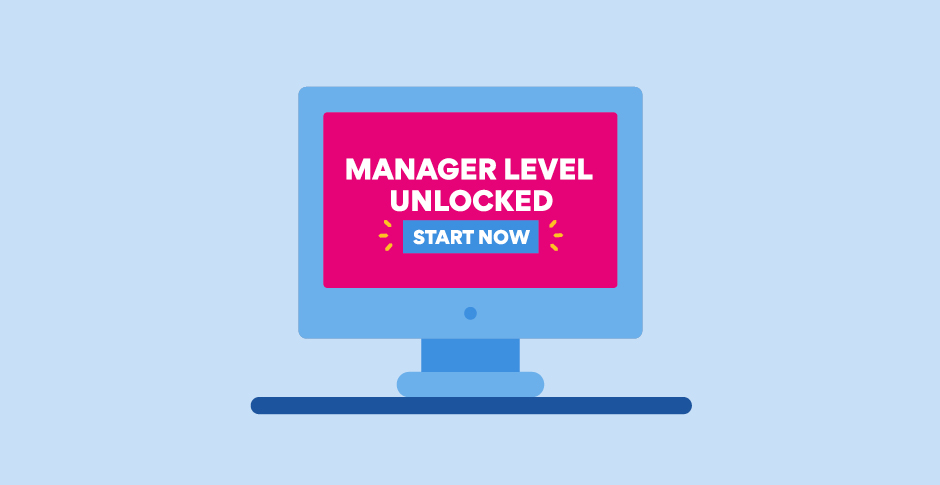What did you want to be when you grew up? Almost all of us had childhood dreams of becoming something great - a doctor, an astronaut, maybe even a marine biologist! - but in a recent SEEK survey, 73% of New Zealanders stated that they were working in a different job or career to what they intended when they finished school.
“Most people in today’s generation change directions often,” says Tony Pownall, General Manager of Hudson Recruitment Auckland. “They lose linear experience compared with previous generations, which is completely fine, so long as they have the self-awareness to build a transferable skill set.”
Whether you’re about to embark on the beginning of your career or are stationed at a crossroads, you can count on change in the future. To be fully prepared to succeed in your career with change on the cards, consider these tips:
- Upskill with a short course or university qualification. With constant technological and industry advancements, most professionals can’t remain knowledgeable and relevant without further education. 60% of people surveyed have needed to upskill at some point during their career. This becomes more likely the older and more experienced you become, peaking at 74% amongst the 45 to 54 year old age group. Thanks to the flexibility of many renowned educational institutions, it’s now easy to undertake courses and learn new skills without having to quit your job. You can add value to your current role, and diversify your skillset to prepare you for future roles by studying a course that fits into your current lifestyle.
- Gain experience from volunteering in a new industry. Volunteering can be very rewarding. You not only use your abilities to help others, but you can also learn new skills and gain valuable experience in a whole new industry, which can be added to your list of credentials. Although often unpaid, a volunteer or internship position can give you insight into a particular workplace or community, helping you gain a better understanding of what you do and don’t like, usually on terms that suit you best. If you discover your life’s calling from volunteer work, your resume will be better positioned to help you land a job in that new field.
- Move laterally within your current workplace. When asked where they think they’ve learnt the most valuable skills, nearly 61% of New Zealanders stated “on the job,” so if you can try your hand at various roles within your company, you’ll learn a lot. “The best way to try something different is to do it internally, not externally,” Pownall says. As moving to a new company has its risks, “the most important aspect of a job is the cultural fit, so if you’ve built trust within a company, leverage it that way.” Speak to your manager about opportunities in different departments of your organisation, even if it means filling a more a junior position to begin with. This kind of foot-in-the-door is invaluable!
- Find yourself a mentor. “People always like to be asked for help. Find someone who you can talk to about what it’s like to work in their industry,” says Pownall. He also says that building a relationship with a mentor allows you to ask questions about a new industry’s terminology, what you need to bring to a new organisation, and how to sell yourself. Letting someone you admire guide you through various career changes can make the process smoother, and instil more confidence in your decisions.
So if you’re part of the majority of people who aren’t living out their childhood dreams, know that there’s always the possibility of fulfilling even greater dreams in the future. Ensure you’re working hard to better yourself and remain relevant, and you’ll always be prepared for the detours you want to take on your journey.
Ensure you're working hard to better yourself and remain relevant, and you'll always be prepared for the detours you want to take on your journey.



